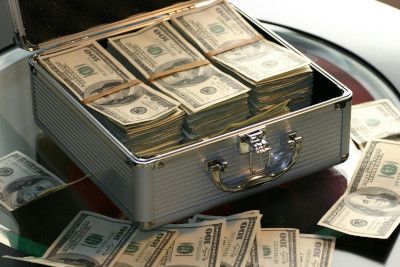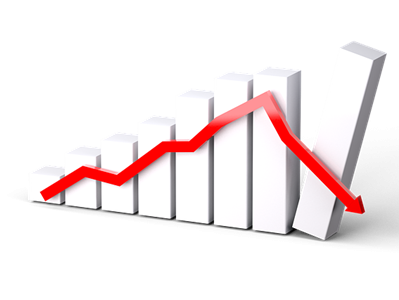Amherst, NH Resident Looks for Ways to Reduce Capital Gains Tax
Tax loss harvesting is an effective strategy for investing that you can use all year long in an effort to reduce the amount of capital gains taxes owed on your earnings. This practice is offsetting capital gains with capital losses and can make a big difference in the amount of taxes owed each quarter from the sale of your investments. Not all investments are going to perform as well as you like. When you sell one for a profit, while also selling an under-performing investment at a loss, this will help to balance the taxes you owe in capital gains.




